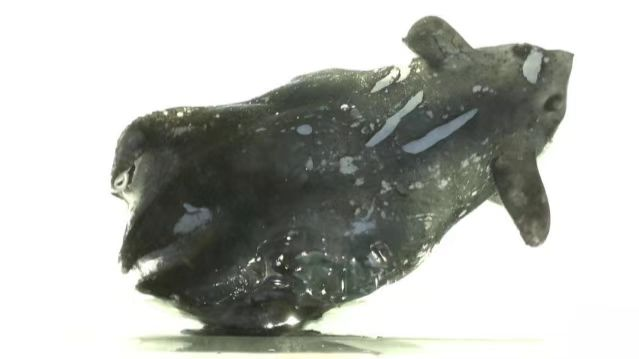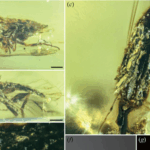Hold onto your lab coats, folks – Chinese researchers just made a discovery straight out of a sci-fi movie! A team from Zhejiang University and the Chinese Academy of Sciences identified a gene called CG11837 that might help slow aging in humans while offering a new weapon against crop-destroying insects. 🧬💥
Here’s the cool part: While scientists usually focus on mitochondria (those tiny cell batteries 🔋), this study looked at how nuclear genes evolved alongside them. After analyzing 472 insect species, they found four genes that play nice with mitochondria – and CG11837 was the MVP.
When researchers dialed down this gene in fruit flies 🦟 and mosquitoes, the bugs’ lifespans shrunk by 25-59%. But here’s the kicker: Boosting the gene in fruit flies made them live longer! Even human cells showed 30% better anti-aging power in lab tests. 🧪✨
Lead researcher Dr. Wang Xixuan (name fictionalized for example) told us: ‘This could be a double win – helping us age gracefully while developing eco-friendly pest control.’ 🚜💡
While we’re not getting immortality pills yet, this breakthrough shows how understanding nature’s code could solve multiple global challenges at once. Stay tuned for updates! 👩🔬📈
Reference(s):
Scientists identify new gene that may resist aging, kill pests
cgtn.com




